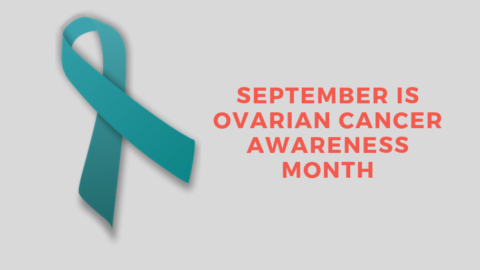Legacy and Lessons learned from Partnering4Health® project will help build additional healthy communities
FOR IMMEDIATE RELEASE – October 17, 2017
WASHINGTON – A new website, available at Partnering4Health.org, logs the lessons learned from a grant-funded community health project that improved the health of more than 20 million people in 94 communities across the United States over the last three years.
Organizers hope the website – which includes a comprehensive report, snapshots of the local community projects, an online training course, an inspiring video story, toolkits, and loads of other materials – will assist other communities to decrease the risks of chronic diseases and improve the public’s health.
From 2014 to 2017, the Centers for Disease Control and Prevention (CDC) provided five national organizations funding to work with 94 urban, rural and tribal communities for implementing sustainable changes that support healthy communities and lifestyles.
The website incorporates resources from the project and five national organizations – American Heart Association (AHA), American Planning Association (APA), National WIC Association (NWA), Directors of Health Promotion and Education (DHPE) and the Society for Public Health Education (SOPHE). The initiative addressed issues such as exposure to secondhand smoke, access to healthy food and beverages, improved physical activity opportunities, and linking citizens to clinical and community supports.
“With this new website, the lessons learned and investment in the Partnering4 Health® project continues even though the grant has ended,” said Elaine Auld, CEO of SOPHE. “Other communities can learn from the three-year summary report, access an online sustainability course and toolkit, and adapt the infographics and advertising materials. These resources will help other coalitions get off the ground faster in planning, implementing and evaluating their healthy communities efforts.”
A nine-part online course allows users to review key elements for sustaining the healthy community movement, by including evidence-based planning approaches to policy, systems and environmental change. The course, which can be completed in 1.5 hours or less, includes engaging videos, interactive activities at the end of each topic, and a course evaluation.
A companion toolkit, “Partnering4Health® Approaches to Sustaining Healthy Communities: A Toolkit for Supporting Policy, Systems, and Environmental (PSE) Change Initiatives,” provides templates that community organizers can use to develop a sustainable community action plan.
“We wanted to provide a sustainability course that showcases how organizations can provide ongoing support to sustain health community efforts,” said DHPE Consultant LaQueisa Haynes-Smith, MS, MCHES. “We hope that those who are involved in healthy communities’ work will take advantage of this engaging eLearning course by completing the course and gaining valuable insight to sustain coalitions and leverage the lessons learned by Partnering4Health communities.”
The website includes a searchable database of success stories. For example, if a town wants to create a more walkable community, organizers could search the database for traffic calming, and find project information and links to resources, including a guide on traffic calming.
Infographics and advertising materials on the site can be adapted and used by coalitions to support healthy eating, physical activity, community improvements that support healthier lifestyles, and much more.
Get more information and view the website at Partnering4Health.org.
###


